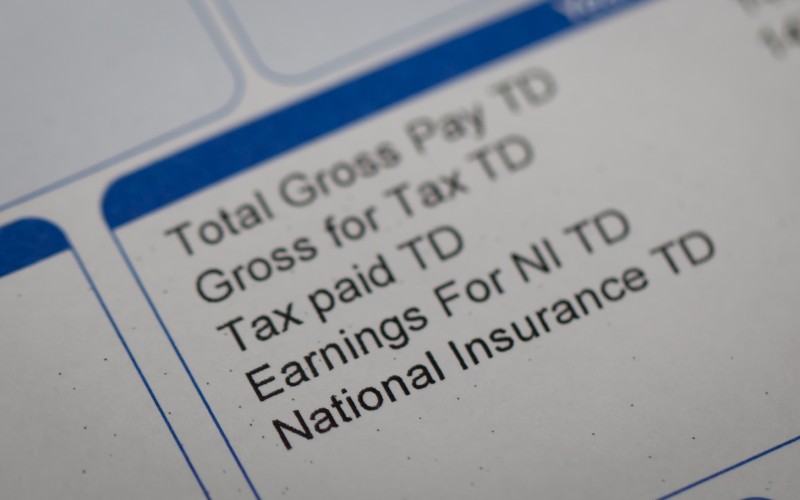
Last week, the Supreme Court published its decision in, Chief Constable of Police Service of Northern Ireland v Agnew, which concerned the ability of workers to make a claim in respect of unlawful deductions from wages and effectively decided that some of the legal mechanisms that had developed in the previous holiday pay cases that restricted an employer’s liability in such claims were unlawful.
This judgement was a result of Employment Tribunal claims brought by over 3,000 employees of the Police Service of Northern Ireland (PSNI) since 2015. These were brought after it became apparent that PSNI employees had been receiving basic pay while on annual leave, rather than ‘normal pay’, which should have included overtime and other allowances.
Previously, claims for unlawful deductions had to be brought within three months of the last deduction, or from the last date in a series of deductions. Claims still have to be brought within three months of the last deduction, however the case of Bear Scotland v Fulton (2015) had held that where there was a gap of three months or more between underpayments, the series of deductions was interrupted. This meant that only deductions after the gap could form part of a claim – the more historical underpayments could not be recovered. However, in the course of determining the PSNI claims, the Employment Tribunal overturned the Bear Scotland decision and held that such gaps would not always preclude the ability to make a claim on deductions before the interruption. This increased the potential liability of PSNI by £40 million!
The PSNI appealed this decision to the Northern Ireland Court of Appeal, but was unsuccessful. It held that a ‘series of deductions is not ended, as a matter of law, by a gap of more than three months between unlawful deductions nor is it ended by a lawful payment’, as this would result in ‘arbitrary and unfair results’. The Supreme Court agreed with this decision on further appeal. It held that what constitutes a ‘series’ will be a question of fact, determined on the circumstances. While a gap may not be fatal to a claim, there must be something that connects the deductions. In the particular case of the PSNI underpayments, the series was created by the fact that each deduction had been unlawfully calculated on the basis of basic pay, rather than normal pay.
This decision means that a gap of three months, or lawful payment, will not automatically exclude historical or inconsistent deductions from unpaid wage claims. This had offered employers with a useful protection before now. Instead, each case will turn on its facts. In Northern Ireland, there is no backstop on unlawful deduction claims, whereas in the rest of the UK, claims over two years old cannot be brought, under the Deduction from Wages (Limitation) Regulations 2014. This will limit the impact of the judgement in the rest of the UK somewhat, but employers outside of Northern Ireland should still be aware of the change as similar claims now have the capacity to be much higher in value.
Additionally, the Court held that there is no requirement for leave taken from different sources to be taken in any particular order. For example, statutory holiday does not need to be taken before enhanced annual leave, which again was a tactic that employers had been able to adopt to restrict any liability for unlawful deductions. The Court very briefly confirmed the position that the appropriate reference period in any case is a question of fact.
Employers who continue not to include payments towards overtime and commission in their calculation of holiday pay should be aware of potential liabilities. If you require advice on addressing these liabilities, contact one of our employment experts on 03330 430350.
